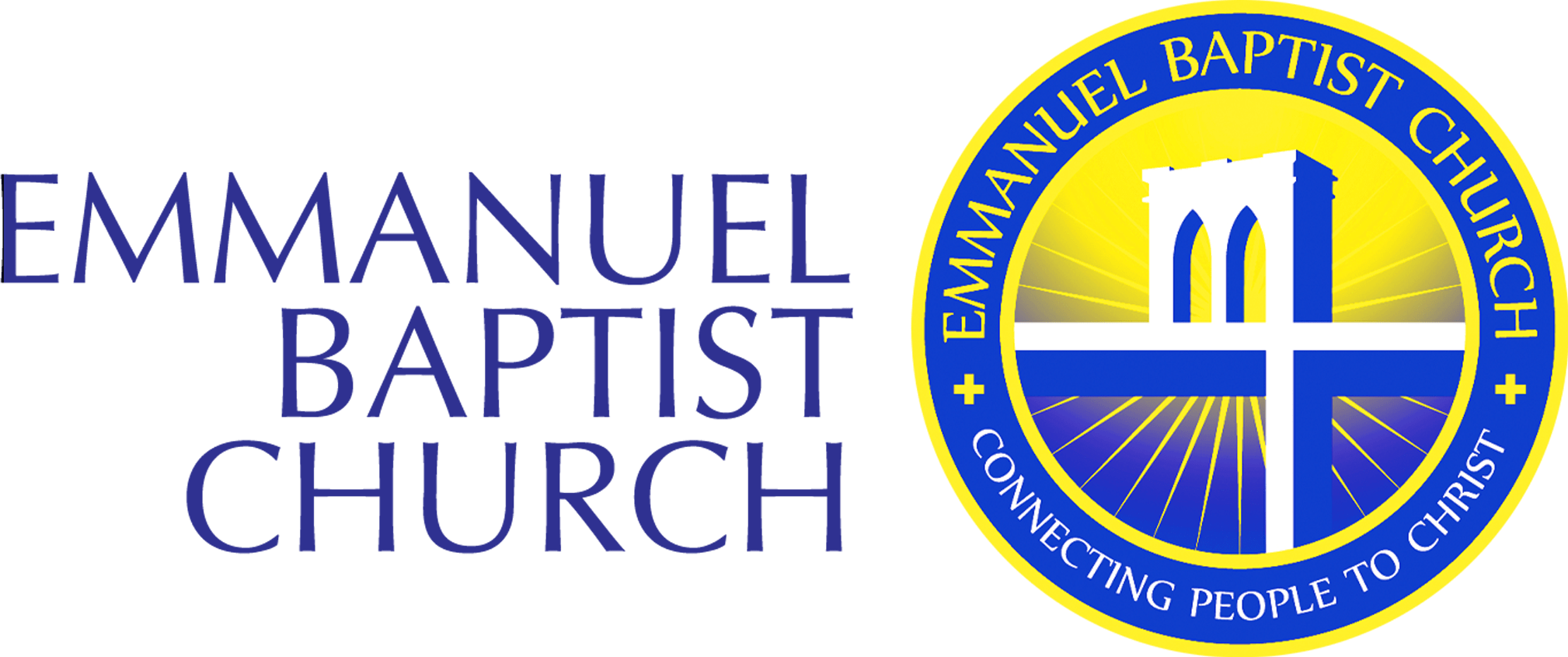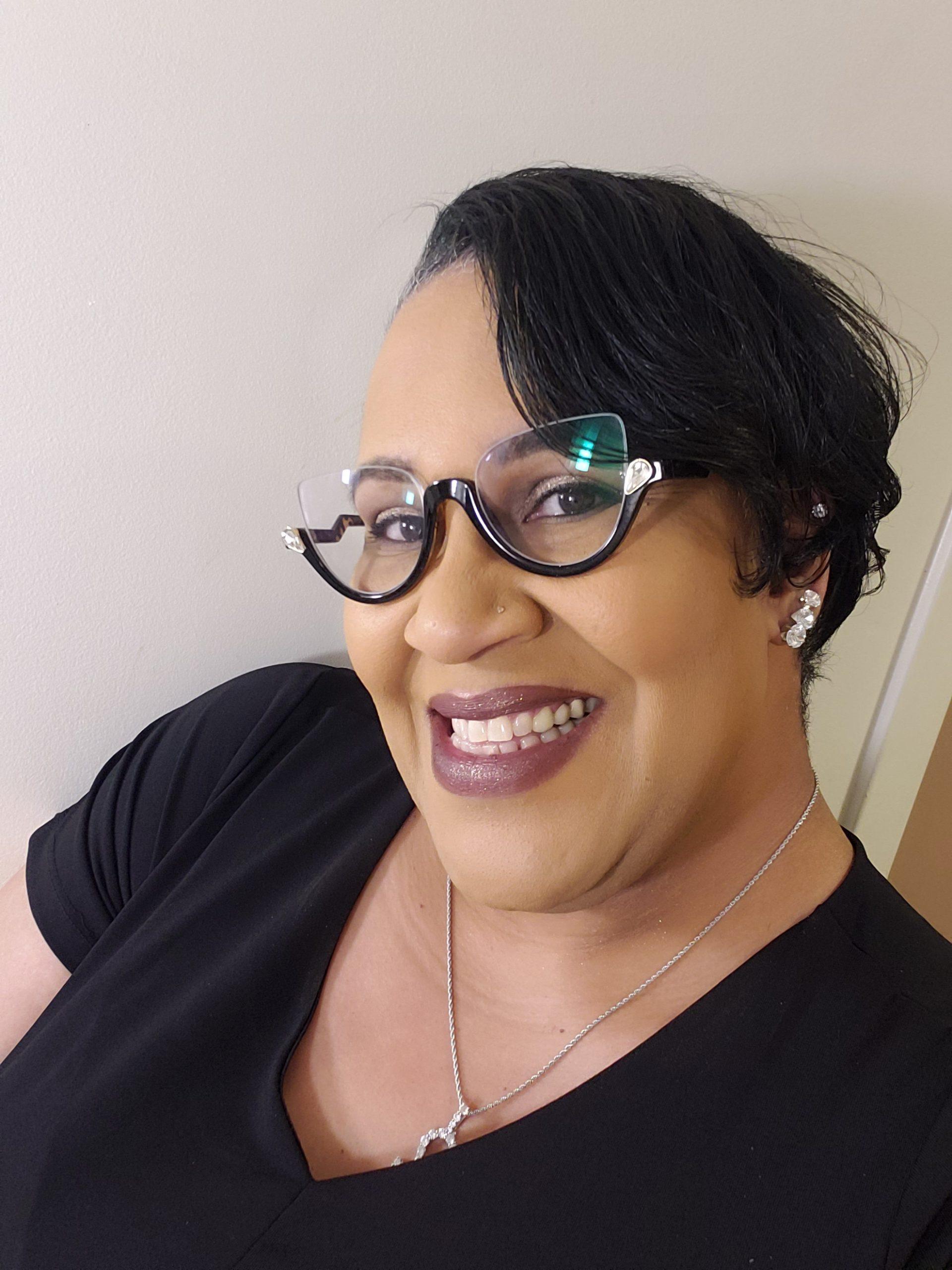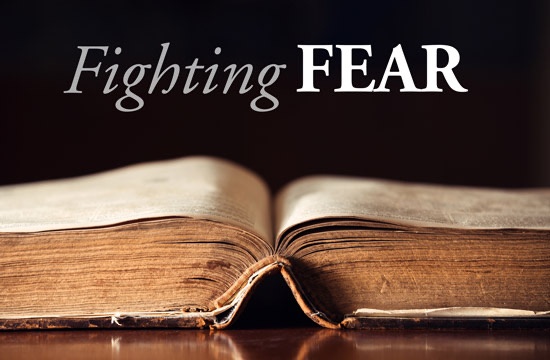1 Samuel 1:23c-28 | MSG
So she did. She stayed home and nursed her son until she had weaned him. 24 Then she took him up to Shiloh, bringing also the makings of a generous sacrificial meal — a prize bull, flour, and wine. The child was so young to be sent off! 25 They first butchered the bull, then brought the child to Eli. 26 Hannah said, “Excuse me, sir. Would you believe that I’m the very woman who was standing before you at this very spot, praying to God? 27 I prayed for this child, and God gave me what I asked for. 28 And now I have dedicated him to God. He’s dedicated to God for life.” Then and there, they worshiped God.
It’s been three or four years since Hannah stood in the sanctuary pleading with God for the gift of a child. God answered her prayer and gave her a child. From that moment on, however, God waits to see whether Hannah will keep her word and dedicate her child, Samuel, for the balance of his days to do God’s work. After some unspecified time, she returns to the Shiloh Worship Center and readies herself to give her child back to God.
Verse 25 mentions that the first order of business is to offer a sacrifice to God. Perhaps it is a burnt offering to God to cover any sins the family may have committed since Hannah was last at the altar. Or maybe she gives God an offering of thanksgiving for the gift of a son and the brief time she had nursing her baby boy and nurturing her toddler. The writer of 1 Samuel 1 does not know the exact day. We do know, however, that the sacrifice she makes can be deemed the precursor to the gift she is on the verge of making to keep her word to God.
It’s uncertain how a teenage or young adult Samuel might have thought and felt about his mother leaving him at such an early age. While he may have understood that being entrusted into the hands of Pastor Eli was a part of God’s plan, he may also have felt, as they say, “some kinda’ way” about being left by his mom and dad at such a young age. He was sent to religious boarding school, while his siblings were permitted to stay with mom and dad.
So that children can receive the benefits of a better life, sometimes our parents must entrust us into the care of others, like a babysitter, neighbor, or grandparent. Sometimes, for a brief while, our parents must leave us behind in our place of birth to prepare for us to join them in a new place, be it in another city or another country. They do so because they promised themselves and God that they would give us a better start in life than they had.
What’s often lost on us is how painful it must have been for our parents to leave us behind while they went to carve a better set of circumstances for us. At the time, we may have felt as if our parents did not love us. However, the truth is that they left us behind, intending to send for us, as evidence of the fact that they did and do love us, despite our feelings about their departure.
Such a statement of possibility might help us look at the facts of our painful history with fresh, understanding, and grateful eyes. What’s more, maybe we can acknowledge that our parents were not simply doing the best they could, but, more importantly, that period in your life was, in fact, a part of God’s plan.
Whatever the case, Verse 26 introduces an often-overlooked feature of our faith journey. After making her sacrifice, Hannah finds Pastor Eli and puts Samuel in his hands. She explains:
“Excuse me, sir. Would you believe that I’m the very woman who was standing before you at this very spot, praying to God? 27 I prayed for this child, and God gave me what I asked for. 28 And now I have dedicated him to God. He’s dedicated to God for life.”
Pastor Eli has a chance to experience one of the rare, yet redemptive and gratifying moments in ministry. First, he gets to hear a word of thanks for interceding on Hannah’s behalf. God heard and answered Eli’s prayer for his parishioner. (See 1 Samuel 1:17 & 1:20) Second, Hannah treats Eli to a sample of a parishioner pursuing and pushing ahead on the road of spiritual maturity. Years before, she made a promise to God, who answered her earlier prayer. Then, she kept the promise, even though doing so required a painful sacrifice and radical trust.
From this text come at least four (4) questions for personal consideration and application:
1. How do you know when you are still praying for something that God longs to give you, versus when you are praying for something to which God has said, circumstantially and emphatically, “No!”? [NOTE: Perhaps God, as in the case of Hannah (see 1 Samuel 1:11-20) intends to grant your prayer, but God is waiting on you to change the intent and content of your prayer.]
2. To whom should you reach out to thank her/him for praying that God would turn around a situation in your life?
3. When was the last time you had a chance to see God has honored one of the prayers you uttered for someone else? Have you thanked God for the privilege of cooperating with his purpose for someone’s life?
4. Where and when is God asking you to sacrifice something personal and precious so that His plan for the world might continue to unfold?



